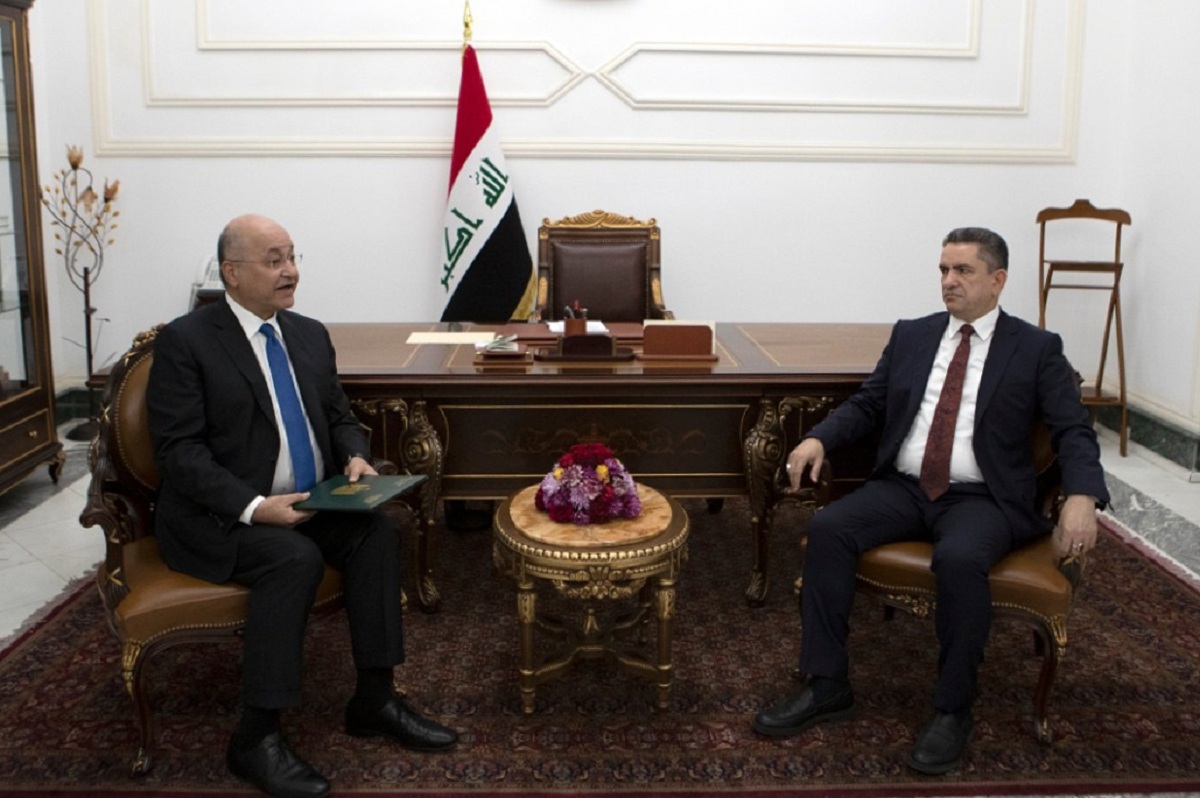The power vacuum in Iraq ~ indeed the worst political crisis since the hanging of Saddam Hussein ~ will hopefully be filled with Tuesday’s appointment of Adnan al-Zurfi as the new PM-designate. The Iraqi President, Barham Salih, the appointing authority, has given the former Governor of the holy Shia city of Najaf 30 days to form a cabinet which must then be approved by Iraq’s Parliament.
This tentative appointment of a Prime Minister, subject to legislative approval within a time-frame, is somewhat similar to Monday’s appointment of Benny Gantz as Israel’s Prime Minister and successor to Benjamin Netanyahu.
Advertisement
It may be a while before they are confirmed in their positions at the helm. From Israel to Iraq, the outlook will remain rather fuzzy for some time yet. Al-Zurfi’s appointment was announced as rockets struck the Green Zone in Baghdad for the fourth time in recent weeks.
This time, the rockets targeted a US base that is home to coalition forces. The offensive, in parallel to the naming of the next Prime Minister, is in itself testament to the virtually relentless fragility of Iraq, as embattled as it is fractured. Al-Zurfi has been positioned to replace the caretaker Prime Minister, Adel Abdul Mahdi, who had resigned in December following widespread mass demonstrations against a government that is said to be corrupt, and has failed to provide the people with basic services, dependent as it is on its powerful neighbour,
Iran. On closer reflection, President Salih has taken an unprecedented step by choosing Al-Zurfi without consulting the political parties in Parliament. Many of these parties are likely to reject him not the least because of his close equation with the West, most particularly the United States.
The choice of Al-Zurfi could not have been smooth given the faction-ridden political class. The groups had intensely debated names for days, seeking a “non-confrontational” figure to preserve the status quo. Al-Zurfi’s appointment comes two weeks after former Prime Minister-designate Mohammed Allawi withdrew his candidacy for the post, accusing political parties of obstructing him.
Al-Zufri heads the Nasr parliamentary grouping of the former Prime Minister, Haider al-Abadi. In the immediate perspective, he will have to work for early and fair elections and achieve the aspirations of the Iraqis.
“Faced with unprecedented security, political, economic and health crises, Iraq desperately needs an effective candidate,” is the roadmap crafted by the UN special representative in Iraq, Jeanine Hennis- Plasschaert. According to Iraq’s Constitution, Al- Zurfi has 30 days to name a cabinet and get parliamentary approval. However, he might struggle to do so, with the main Shia political parties reportedly objecting to his nomination.









